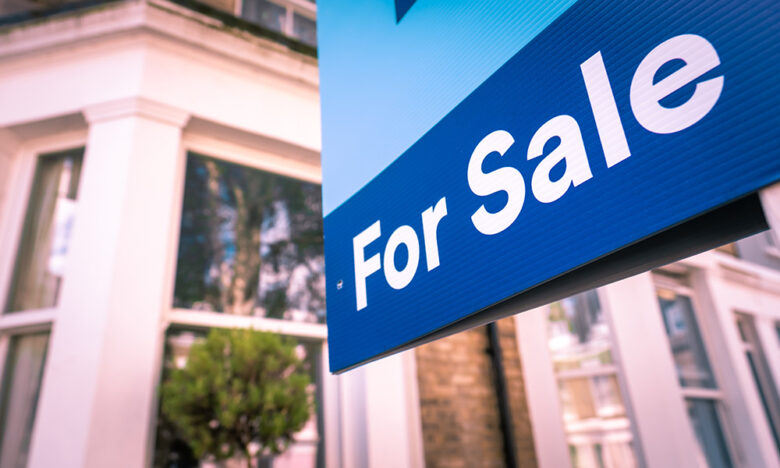
Is There a Way to Settle Probate Without Selling the Property?
Quite often, probate, the legal right to deal with someone’s property, money and possessions when they die, will involve property. Knowing what to do with that property can be difficult. The initial thought may be to sell it, but what does this involve, is it the only option and how long do you have to wait before you can put the house on the market?
What is Probate?
Probate is the term used to describe the legal and financial frameworks for dealing with the assets of a person who has recently died. This will include the property, money and possessions that make up the ‘deceased’s estate’. Probate aims to set out how an estate should be distributed.
When is Probate Needed to Sell a Property?
While it’s often believed that the need to apply for probate depends on whether there’s a will in place or not, this isn’t the case, and it depends on the financial situation of the person who has died at the time of their death.
So, an application for probate may not be required if the person who died was a joint landowner or jointly owned property, shares or money. If so, the assets may automatically pass to the joint owner. However, if the deceased person owned assets individually, you’ll likely need to go through the probate process.
Probate will also be required if a bank or other financial institution asks for a Grant of Probate, which is given once probate is granted. This can happen if the entire estate is valued above its limits. This will depend on the individual bank, and each sets its limit above which it requires a Grant of Probate.
If probate is required, it should be noted that the estate executors will generally not be allowed to sell any property involved until the process has been completed and they have been given a Grant of Probate. It is possible to start marketing the property before receiving a Grant of Probate, but you will not be allowed to exchange contracts or complete the property sale until the process has been finalised.
How to Sell a Property Without Probate
If you’re named on the title deeds and want to start the selling process before you’ve received the Grant of Probate, there are a few things to note. Perhaps most importantly, the property valuation must be based on the property’s value at the time of the owner’s death. As probate can take a few months, the value may change over this period, but HMRC needs to know the correct valuation at the time of death to calculate the amount of Inheritance Tax due.
Aside from this, the selling process is very similar to any other property. However, your estate agent will have to inform interested parties that the property is a probate sale, so the process may take longer due to the number of people involved. Once the property is sold, the executors must notify HMRC as they may be liable for Capital Gains Tax.
Other costs to be aware of during this process include a fixed fee of £215 for the probate application on estates worth over £5,000 and a £155 fee for Grant of Probate applications made by a probate solicitor or probate specialist. Probate solicitors fees are usually between 2% and 5% of the value of the estate, plus VAT. You can apply for probate yourself to keep costs down, but this is only to be advised if it’s a low-value, uncomplicated estate. Also, be aware that you will have to maintain the property during the probate period, including paying any utility bills, although you will be exempt from paying council tax until six months after probate has been granted. If the property has a mortgage, it’s a good idea to get in touch with the lender as soon as possible to see if they will suspend payments until probate is completed.
The Average Timeline to Sell a Property Through Probate
Acquiring a Grant of Probate can take around three months for an average estate but can be twice as long for more complex cases. While your agent can be marketing a property during this time, and you can even accept an offer, you won’t be able to complete a sale until all the necessary documentation is in place. This being the case, you can expect to spend 2-3 months marketing the property and having viewings, and the same again for conveyancing once an offer has been accepted. This being the case, it can take nine months or more for the entire process to be completed.
It can be a good idea to make sure a probate property is competitively priced to encourage as quick a sale as possible and look for agents with experience of selling these types of properties, as they’ll have more knowledge about how to navigate the inevitable red tape.
What if I Don’t Want to Sell the Property?
If you decide to live in the property rather than sell it, you can move in while going through probate unless the deceased’s will specifically forbids this. Also, if other people have inherited the property, all decisions must be made jointly, so you can only move in with their agreement.
You could also decide to rent the property and earn an income from it so long as ownership has been officially transferred into your name or joint names. However, you may be liable for income tax on the rental income.
Novello offers timely, accurate and affordable probate valuations along with a friendly, professional and responsive service at all times.
To find out more, contact us or arrange a free quotation now.

